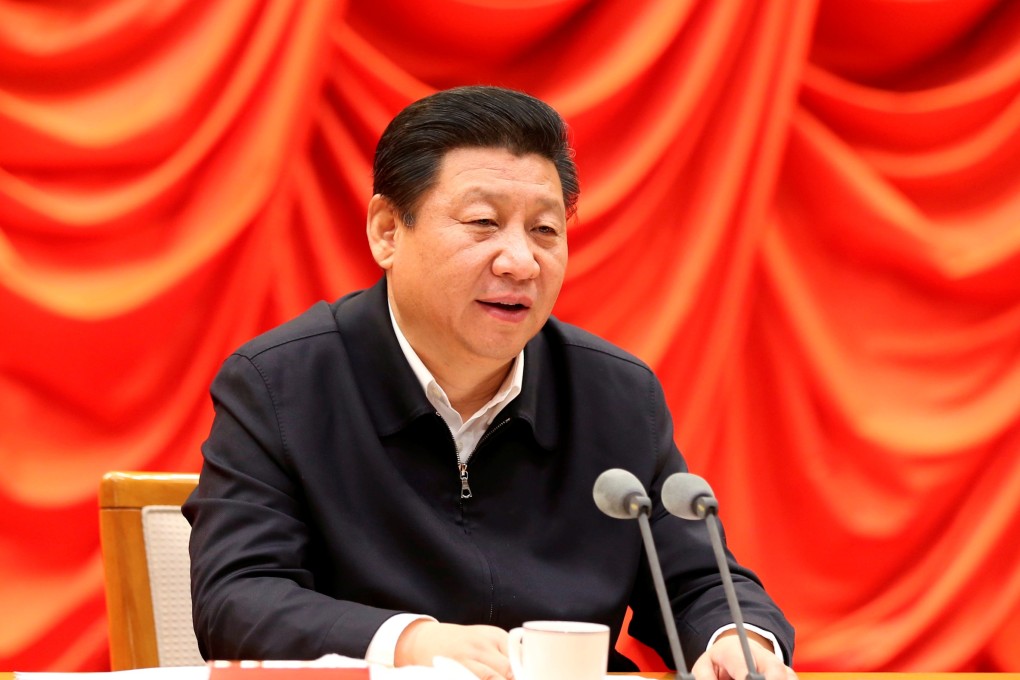Rise of China's middle class will not challenge Communist Party: state media
State media expounds Xi's 'four comprehensives' governing vision

The rise of China's middle class posed no challenge to the authority of the Communist Party, state media said yesterday as it continued its high-profile coverage of the "four comprehensives" political theory of President Xi Jinping.
On the second day of its efforts to disseminate Xi's governing vision for the country ahead of the nation's annual parliamentary session, the party's mouthpiece expounded the rationale behind the theory as: building a middle-class society, breaking up vested interest groups, restoring strong governance in accordance with laws, and eliminating the main risk to the party.
The "four comprehensives" theory refers to "comprehensively" building a moderately prosperous society, deepening reform, governing the country according to rule by law, and enforcing strict party discipline.
An article released through the mainland's popular mobile messaging app WeChat by the overseas edition of the People's Daily newspaper said the middle class had become both an important force in maintaining social stability and a vital "rational" voice.
Societies without a middle class, such as those in the Middle East and Latin America, faced political crises and chaos, it said.
But the article emphasised that the rising middle class would not confront the party regime.